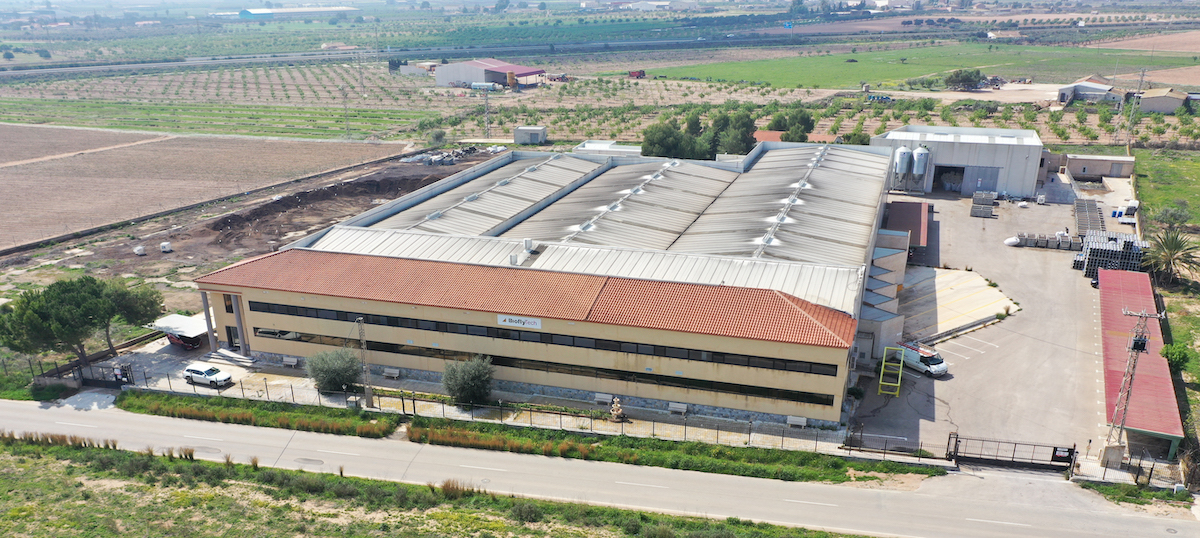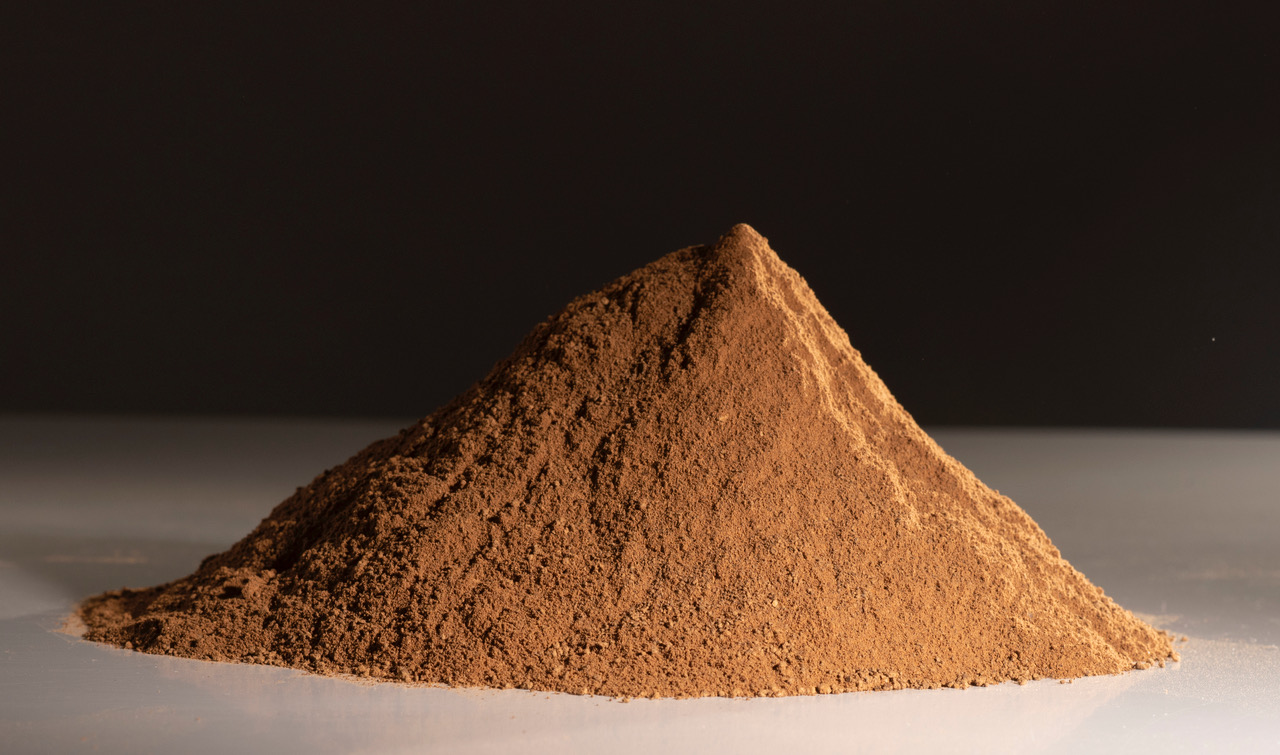Located in the northwest of the country, the objective for the first phase is for the new plant to produce 12,000 tonnes of fresh black soldier fly larvae per year.
It includes a rendering facility, of its own design and unique in the market, which allows it to manufacture flours with protein and fat percentages tailored to customers' requirements.
The company has another plant in Fuente Alamo (Murcia), where it produces 180 kg. of black soldier fly eggs per month
Palas de Rei, Spain, October 2nd 2023.- Work on the plant Bioflytech is building in Palas de Rei, in the Spanish autonomous region of Galicia, is progressing well. The rendering and drying plants are being set up, and in the coming weeks the first of the six fattening halls will start operations, each of which will produce 2,000 tonnes of fresh black soldier fly larvae per year, until reaching the maximum production capacity of this first phase, of 12,000 tonnes per year, during 1Q2024. In the coming years, further major investments are planned in this plant in order to reach 100,000 tonnes per year of black soldier fly larvae production.
This new, second Bioflytech plant - the other is located in Fuente Álamo, in the Spanish region of Murcia - is equipped with a gas rendering installation designed by the company and unique in the market, a disruptive technology that will make it possible to manufacture tailor-made flours with specific percentages of protein and fats according to the customer's demands, and which is set to revolutionise the insect protein flour production sector. The Palas de Rei plant will also have a second conventional rendering line, which is currently in the testing phase and is expected to start production this November.
Bioflytech was founded in 2012 as a biotechnology company linked to the University of Alicante. Six years later, the company Moira Capital acquired the majority of its capital, and at the end of 2019 moved its operations to Fuente Álamo.

Bioflytech obtains mainly four products from the black soldier fly: dried larva, which is obtained after almost complete drying of the fresh larva and has highly digestible protein and all the necessary components for the diet of poultry, fish and other animals; high-protein meals; fats, which are obtained from the larvae and without using chemical agents or solvents; and compost, obtained as a result of the biodigestion of the plant material produced during the fattening process.

Bioflytech's dried larvae is a product specially designed as a feed diet for laying hens and broiler chickens, while the protein meals are intended for the petfood, aquaculture and poultry industries, and also to a lesser extent for animal feed for the fur industry. Fats are mainly used in animal feed, but also in the pharmaceutical and cosmetics industry. Compost is used as a fertiliser.
One of the world's leading players
Bioflytech's first and so far only plant in Fuente Alamo currently produces 4,000 tonnes of fresh larvae per year. One of the largest black soldier fly hatcheries in the world is located here, with a production of 180 kilos of black soldier fly eggs per month.
Bioflytech's strategic plan includes an investment of 2.8 million euros this year in various improvements in this plant, with the aim, among others, of increasing the monthly egg production to 350 kg. Now, with the start-up of the second Spanish plant - which will operate through its subsidiary Alternatives Fats and Proteins of Galicia - Bioflytech will consolidate its position as one of the world's leading producers of insect-derived products for the animal feed industry.
Source: Byoflytech
You could be interested: Alltech and Suizo Argentina Announce Strategic Joint Venture
Market Information
18/07/2025
















































